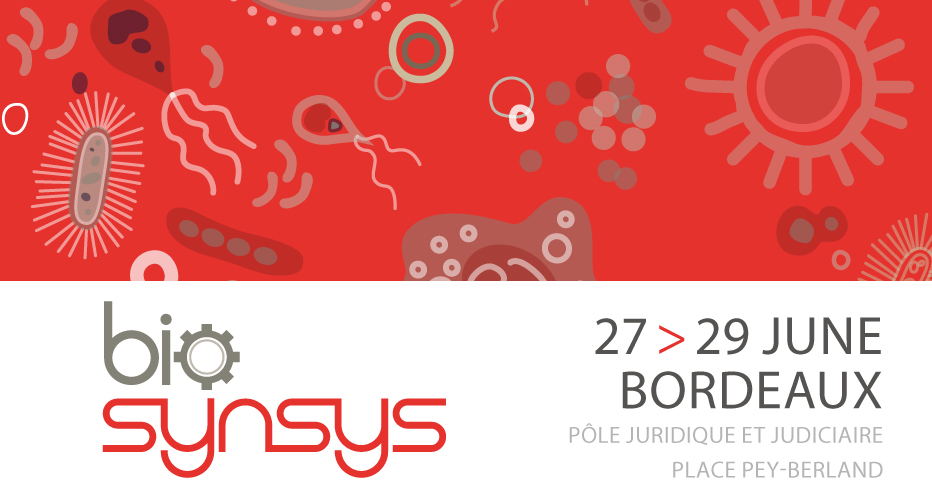Oil palm (Elaeis guineensis Jacq.) is the most productive oil crop. The fruit mesocarp can accumulate up to 88% oil and was reported as the plant tissue with highest oil content. Understanding how mesocarp can accumulate such a huge amount of oil might prove helpful to increase oil levels by metabolic engineering in crops grown in Europe such as rapeseed, whose seed contains about 50% oil only. We carried out genome-wide comparative analyses to characterize oil synthesis in oil palm. Here, we compare results from transcriptome (Bourgis et al., 2011) and proteome studies carried out during oil accumulation and we provide lipidome evolution during the same period. We also analyzed protein/protein interaction in yeast two-hybrid system for all oil assembly enzymes and isoforms and evidenced more than 200 interactions out of 630 tested. These results suggest that oil assembly enzymes might indeed exist as multi-enzyme complexes. We intend to pursue the characterization of the system and identify complexes by blue native electrophoresis and to assess the efficiency of different enzyme combinations to synthesize oil by transient expression of their respective cDNAs using the GoldenBraid system (Sarrion-Perdigones et al., 2013).
References
Bourgis, F., Kilaru, A., Cao, X., Ngando-Ebongue, G. F., Drira, N., Ohlrogge, J. B., and Arondel, V. (2011). Comparative transcriptome and metabolite analysis of oil palm and date palm mesocarp that differ dramatically in carbon partitioning. Proceedings of the National Academy of Sciences, 108, 12527-12532.
Sarrion-Perdigones, A., Vazquez-Vilar, M., Palací, J., Castelijns, B., Forment, J., Ziarsolo, P., Blanca, J., Granell, A., and Orzaez, D. (2013). GoldenBraid 2.0: A Comprehensive DNA Assembly Framework for Plant Synthetic Biology. Plant Physiology, 162, 1618–1631.

 PDF version
PDF version
